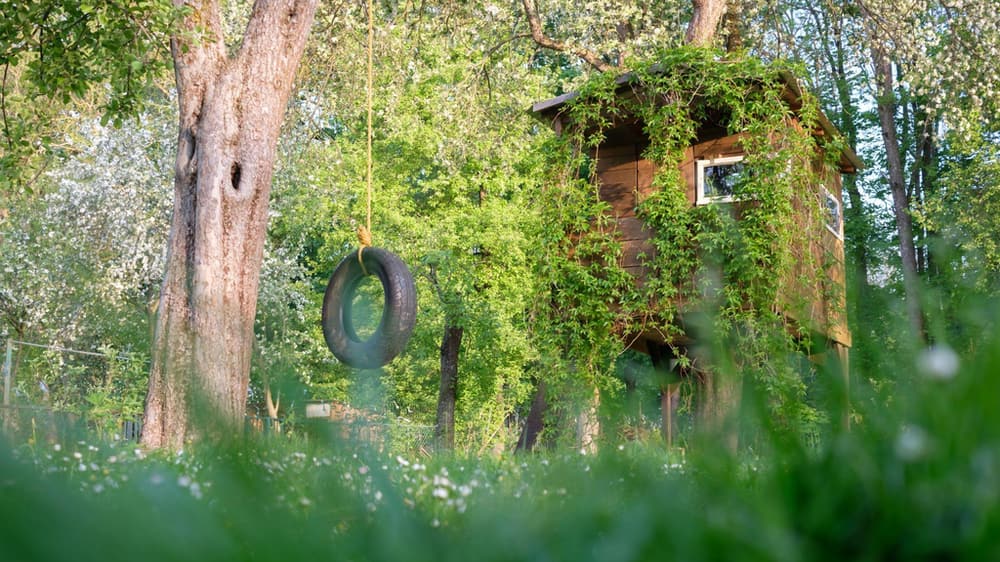
There can be no doubt that development is an important part of life. Whether it comes in the form of new houses, industrial areas, farming, or changes in infrastructure, new developments can be exciting, stimulating for the economy, and important in the day-to-day lives of thousands of people.
But, with development comes a cost: major challenges for the environment. Indeed, if we think about some forms of eco-development such as the creation of wind farms, the majority of people are in favour of allowing further development of them. However, in practice, there is also the problem that people may not want those wind farms near them. Likewise, the same can be said for buillding new homes. While most of us understand there is a pressing need for extra housing, we might oppose the developers when they select a green location to develop.
These are just two of many issues that can affect this issue of eco-development and go against significant strides made in conservation efforts. And while there are solutions at hand for most problems, it can mean finding some sort of compromise, whether that is with residents, local businesses, or other associations.
In this article, we will take a look at some of the hurdles to eco-development and how it is possible to find a happy balance to try to ensure a future with a sustainable great outdoors.

Large-scale change is required
We sometimes look at eco-development through the prism of a change towards a ‘green economy’. In this idea, we should strive towards a society that prioritises re-use, recycling and regeneration, as well as lowering our dependence on fossil fuels and finding alternatives for any non-sustainable practices.
This is all a very positive idea in theory – but in practice, this kind of broad-level thinking can sometimes be unhelpful. For example, it may be the case that individuals start to see the small changes that they can make as unimportant, as it is the whole of society and government institutions that should make the change for it to be worthwhile.
Of course, everyone has a part to play in sustainability. But framing it as an all-or-nothing argument can make it feel both unachievable and out of our control. Large-scale change may be the desired end goal, but doing so through small achievable steps is important.
Not in my backyard!
One of the most significant challenges for sustainable development is the fact that people want to see a move away from fossil fuels – but they don’t want this to come at any cost to their current lifestyle. A good example of this is one that we have mentioned above – wind farms are very popular as a concept, but the so-called ‘visual pollution’ of having one nearby can be enough to put people off the idea.
Indeed, on the government’s own website, aesthetic pollution is considered one of the challenges of installing new wind farms. People are delighted to hear that wind farms are being built – just so long as it isn’t in their sightline.
Additionally, bodies like the National Association for Areas of Outstanding Natural Beauty (AONB) have become involved in cases where wind farms have been suggested.
Impact on wildlife
It is also well-known that wind turbines can have a negative impact on wildlife. Studies suggest that somewhere between 10,000 and 100,000 birds are killed by wind turbines every year in the UK. And of course with the number of wind farms rising, it would be expected that this number will grow.
However, it has been argued that as domestic cats are responsible for the deaths of over 27 million birds in the spring and summer alone, the relatively low number killed by wind turbines should not constitute a reason to panic about increasing the number of wind farms.
Security concerns
Sometimes it is the things that get overlooked and taken for granted that turn out to be the biggest problem for eco-development. For example, there has been a lot of interest in recent years in solar farms and using traditional agricultural space to put in large solar arrays. This has been seen as a benefit to the environment due to the large amount of solar power therse farms can produce, as well as a benefit for farmers who might find this is more cost-effective for them than traditional farming.
However, in a rush to put solar farms in place, some owners have not done enough to invest in the security that they need to keep it safe. This can lead to a large range of problems that can impact the profitability of the concept.
“With a field full of solar panels, it quickly becomes vulnerable as more and more people become aware of them,” says Jim Treacy, General Manager at security specialists Maltaward. “This may be from just driving past, or it could be what is essentially a scouting mission for criminals and vandals seeking to cause some trouble. An isolated solar panel farm is a golden opportunity for thieves due to the high volume of panels in one place. Those isolated locations allow the robbers to operate unseen.”
With every issue there are going to be positives and negatives. The solution is invariably in looking for a compromise that suits each party enough. Eco-development is an essential part of transitioning towards a greener society, but there needs to be a balance with other competing factors to ensure a sustainable great outdoors.
